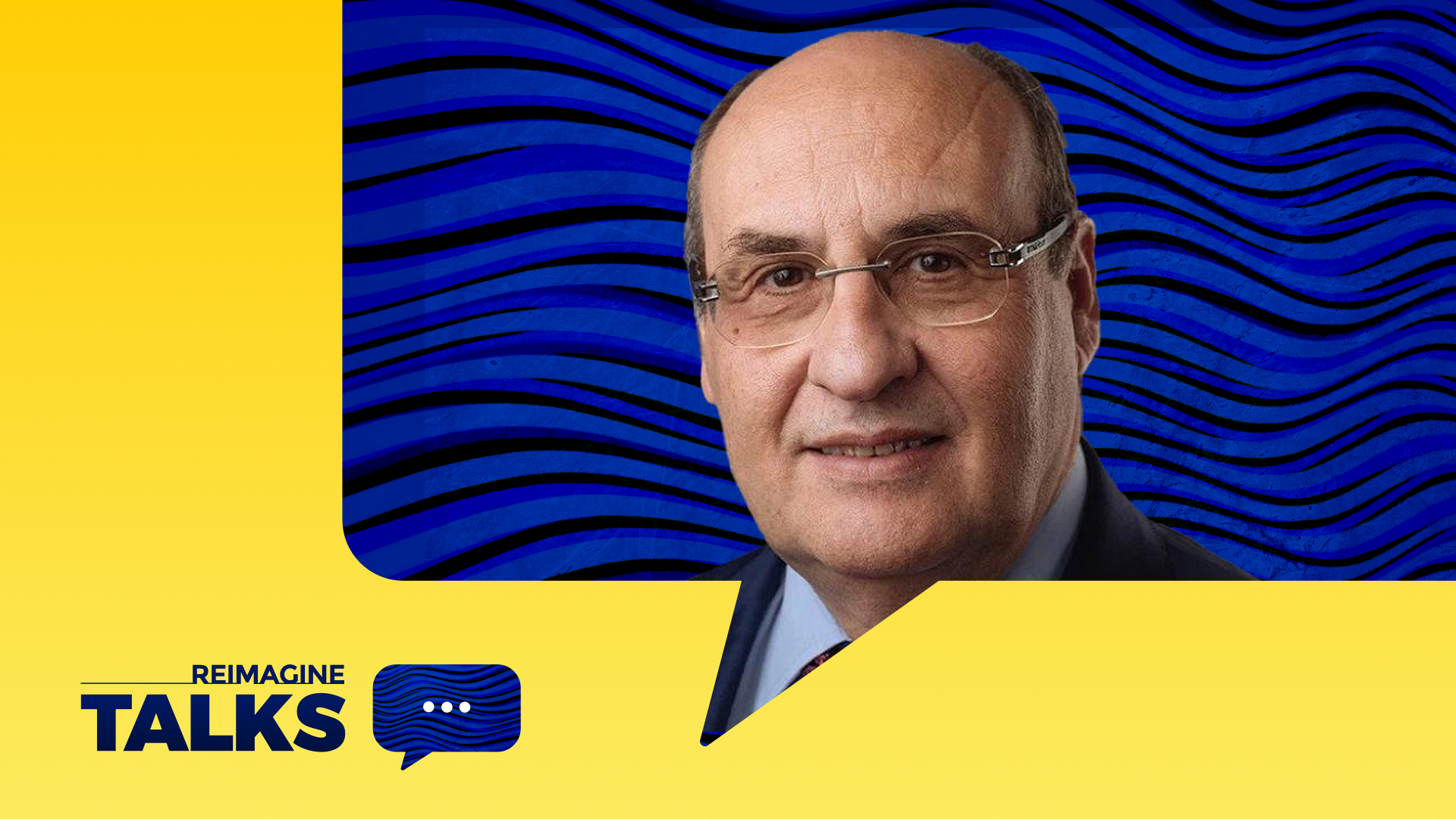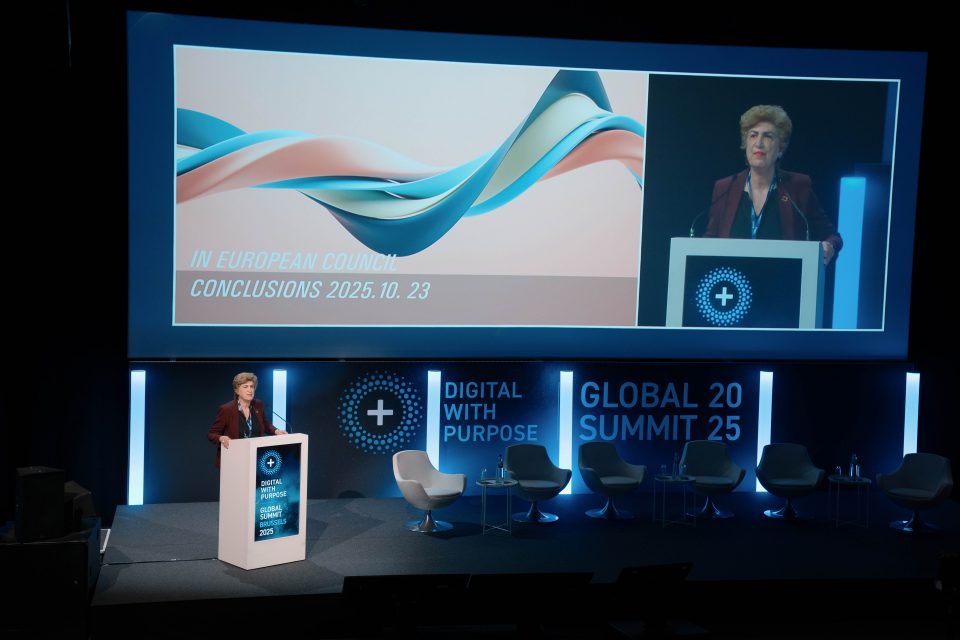“Migration is one of the oldest realities of humankind. Humans have always migrated”. António Vitorino, former Director-General of the International Organisation for Migration (IOM), started the newest episode of Reimagine Talks by highlighting that migration has always been a permanent reality. Migration presupposes people moving in search of better lives to a different place from where they were born. This permanent reality is quite visible when looking, for example, to the United States population, where the majority have European ancientry as a consequence of migration flows in the 19th and 20th century. There are several causes for migration, among them, education, affection, poverty, climate change and bad governance and usually it is a combination of factors that lead people to migrate.
António Vitorino recognised that migration is a very polarised topic in the Global North. However, “we need to keep our eyes on realities and on figures” and “fight back the distortion that some narratives bring along about the realities of migration”. There is a dominant narrative in Europe that the continent is being invaded by migrants, but in fact the continent with more migrants is Asia. In addition, the migration movements between countries in the Global South are more relevant than the flows from the Global South to the Global North.
Migration is a policy where perceptions and reality are very far apart, however, it is not productive to ignore either. They must be address at the same time. Positive economic arguments on migration “will not address the sense of insecurity, fear and anxiety that exists in many societies”. The former European Commissioner for Justice and Home Affairs believes that it is necessary to listen to those anxieties, fears and insecurities and translate them into rational debate. Otherwise, migration will continue to be “a very easy scapegoat for other social problems like relocation of industries, rise of inequalities and globalisation, and presented as the source of all evils by populists and unscrupulous politicians”.
When it comes to integration of migrants, Vitorino argued that it is a two-way street. “Those who arrive need to adapt to a new cultural and social environment and the host communities need to incorporate people that are different”. By addressing the challenges and difficulties of coping with the changes of habits, attitudes, and landscapes, it will be easier to see that migrants bring diversity, initiative, willingness and generation renewal into countries that are fast aging. “Migrants and host communities must build a mutual relation of interaction and confidence. That’s the challenge”. That integration in the host communities must be a micro process, it needs to be dealt at the local level with local authorities. Only by ensuring that there is social cohesion and social dialogue in the host communities, the integration process can succeed.
The former Portuguese Minister of the Presidency and National Defence argued that there are three pre-requisites to reimagine migration: never ignore an argument against migration, always reproduce the facts and the evidence and be humble. “Facts are nowadays rather undervalued, but the realities need to be brought to the forefront of the debate”. It is crucial to focus on the reality on the ground, understand the different perspectives at play, try to build natural trust and create the best conditions for mutual understanding. “If we want to go on living in open societies and economies, we need to understand that migration is part of the solution, not part of the problem”.
ReImagine TALKS is a series of video podcasts launched by Re-Imagine Europa together with leading media partners and featuring some of the most innovative, influential, and original thinkers of our time, challenging conventional thinking and reimagining the concept with an unexpected and contemporary lens. The podcast is hosted by Erika Stäel von Holstein and Luca de Biase, RIE’s Chief Executive and Research Director, respectively. The previous episodes delved on Reimagine Capitalism with Professor Rebecca Henderson, Reimagine Power with Professor Manuel Castells, Reimagine Trust with the Internet pioneer Lisa Gansky, Reimagine Ethics with Professor Jeroen van den Hoven, Reimagine Narratives with Professor Marcin Napiórkowski, Reimagine Taxation with Professor Rita de la Feria, Reimagine Information with Professor Dino Pedreschi, Reimagine Agriculture with Professor Louise Fresco and Reimagine Democracy with Sir Geoff Mulgan.
You can watch and/or download the episode on:

![]()
![]()







